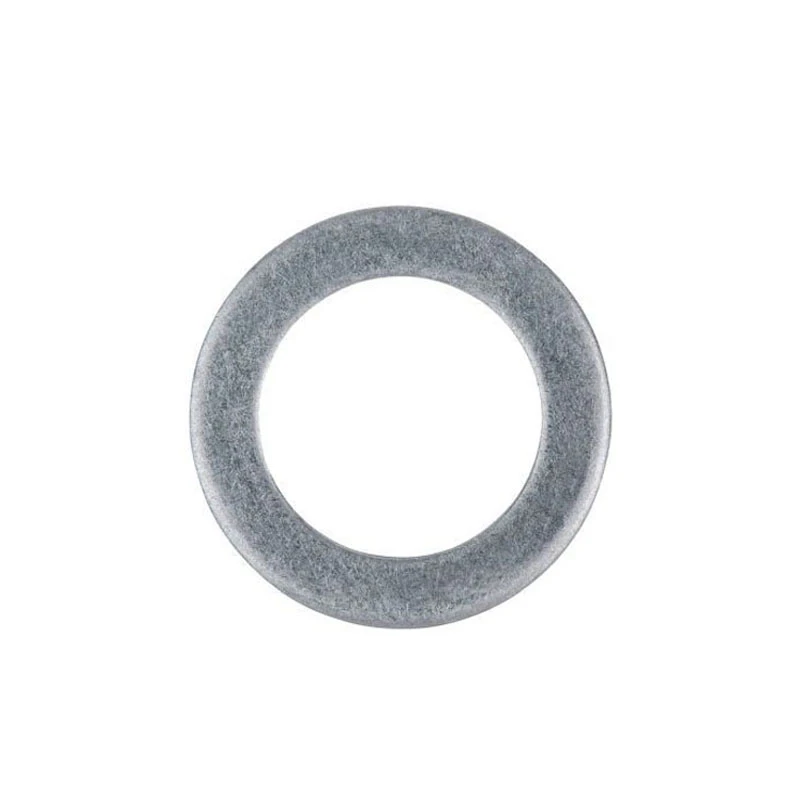oil seal for rotating shaft
Understanding Oil Seals for Rotating Shafts A Comprehensive Guide
In the world of machinery, rotating shafts are integral components found in various applications, from automotive engines to industrial equipment. One critical element in ensuring the effective operation of these shafts is the oil seal. This article delves into the purpose, types, applications, and maintenance considerations of oil seals for rotating shafts.
What is an Oil Seal?
An oil seal, also known as a radial oil seal or a shaft seal, is a mechanical device that prevents the leakage of lubricants and the ingress of contaminants into rotating machinery. It is typically made of rubber, polyurethane, or other elastomeric materials and is designed to fit tightly around a rotating shaft. The oil seal maintains a barrier, ensuring that essential lubricants remain within the system while shielding the internal components from dirt, dust, and moisture.
Purpose of Oil Seals
The primary purpose of oil seals is to retain lubricants, like oil or grease, within the machinery. By doing so, they help reduce friction between moving parts, thereby minimizing wear, enhancing efficiency, and prolonging the lifespan of the equipment. Oil seals also play a crucial role in preventing the contamination of lubricants, which can lead to premature failure of bearings and other components. Their functionality directly contributes to the overall reliability and performance of the machinery.
Types of Oil Seals
Several types of oil seals are available to cater to various applications and operating conditions. Some common types include
1. Single Lip Oil Seals These consist of a single lip that provides a sealing surface against the shaft. They are suitable for low-pressure applications and are the most commonly used type.
2. Double Lip Oil Seals Featuring two lips, these seals offer enhanced protection against contaminants. The inner lip retains lubricants, while the outer lip prevents dirt and moisture from entering the system.
3. Spring-Loaded Oil Seals These seals include a spring mechanism that maintains contact with the shaft, ensuring a better seal. They are ideal for applications with varying shaft diameters or misalignments.
4. Vacuum Oil Seals Specifically designed for applications involving vacuums, these seals prevent the entry of air and moisture, thus protecting the internal components from external contaminants.
5. Specialized Oil Seals Certain applications may require seals designed for extreme temperatures, pressures, or chemical exposure. Materials and designs for these seals are tailored to withstand specific conditions.
Applications of Oil Seals
oil seal for rotating shaft

Oil seals are utilized across numerous industries and applications, including
- Automotive Oil seals are crucial in engines, transmissions, and differential components to prevent oil leaks, enhancing the efficiency and lifespan of vehicles.
- Manufacturing Equipment In factories, oil seals are used in gearboxes, pumps, and motors to maintain lubrication and protect against contaminants that could cause failures.
- Marine Applications In marine environments, oil seals protect against saltwater and debris, providing reliable performance in harsh conditions.
- Aerospace and Defense Oil seals play a vital role in ensuring the reliability of rotating machinery in aircraft engines and defense systems, where performance is critical.
Maintenance Considerations
To ensure the longevity and efficiency of oil seals, regular maintenance checks are essential. Key considerations include
- Visual Inspection Regularly inspect oil seals for signs of wear, cracks, or leaks. Early detection can prevent significant issues down the line.
- Lubricant Condition Monitor the condition of the lubricants within the machinery. Contaminated oils can lead to seal failure and impact overall performance.
- Temperature Monitoring Pay attention to the operating temperatures. Excessive heat can degrade seal materials, leading to premature failure.
- Proper Installation Ensure oil seals are correctly installed to avoid misalignment, which can compromise their sealing ability.
Conclusion
Oil seals are vital components in maintaining the efficiency and reliability of rotating shafts across various applications. Understanding their purpose, types, and maintenance practices can significantly impact equipment performance. By investing in quality oil seals and adhering to best practices, industries can enhance machinery longevity, reduce downtime, and lower maintenance costs. In a world where machinery reliability is paramount, the importance of oil seals cannot be overstated.
-
Understanding the Front Main Engine Seal: Purpose, Maintenance, and Installation
News Jul.29,2025
-
Understanding O-Rings and Seal Rings: Types, Applications, and Custom Solutions
News Jul.29,2025
-
Understanding Crankshaft Oil Seals: Rear Seals, Pulley Seals, and Their Role in Engine Integrity
News Jul.29,2025
-
The Importance of Front and Rear Crankshaft Seals in Engine Performance and Oil Management
News Jul.29,2025
-
Crank Oil Seals: Functions, Types, and Cost Considerations in Engine Maintenance
News Jul.29,2025
-
A Comprehensive Guide to O-Rings and Seals: Types, Materials, and Global Applications
News Jul.29,2025
-
Mastering Diesel and Performance Engine Maintenance: A Guide to Critical Oil Gaskets
News Jul.28,2025
Products categories















